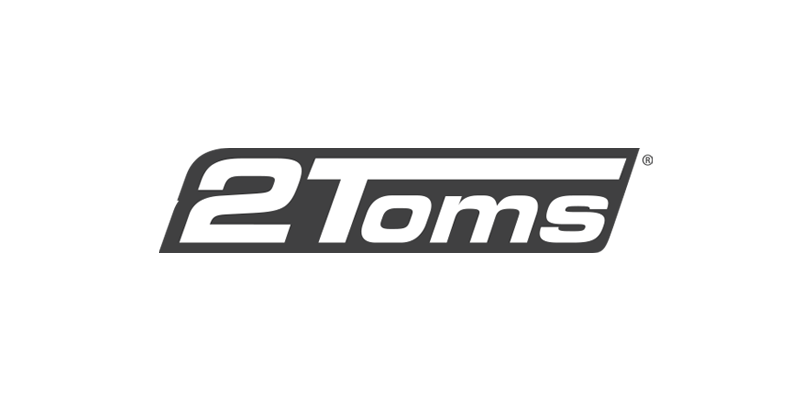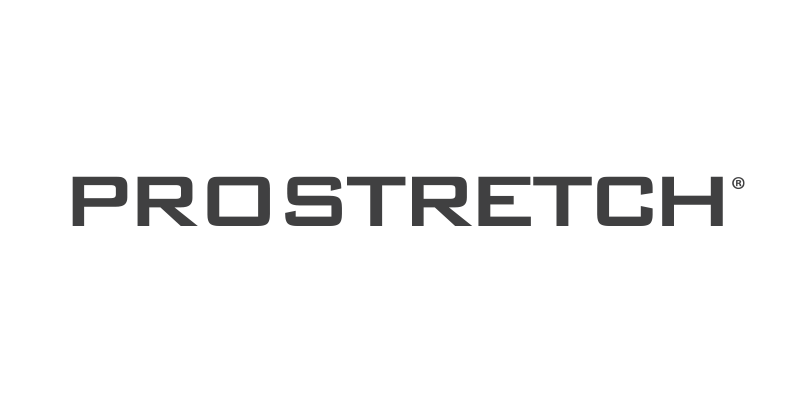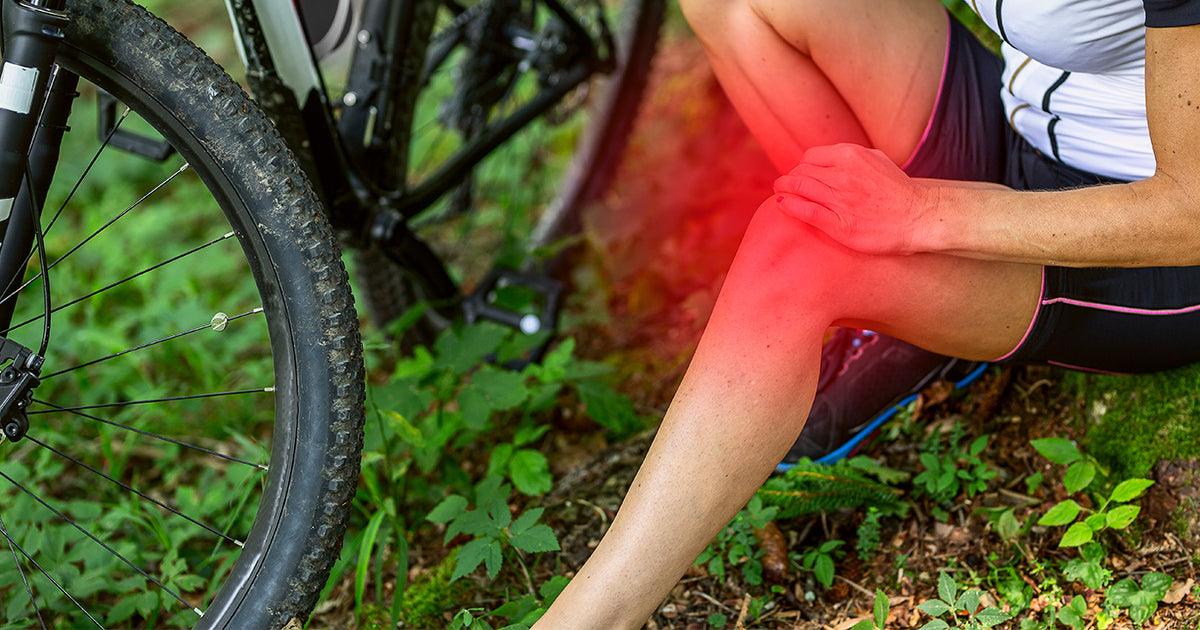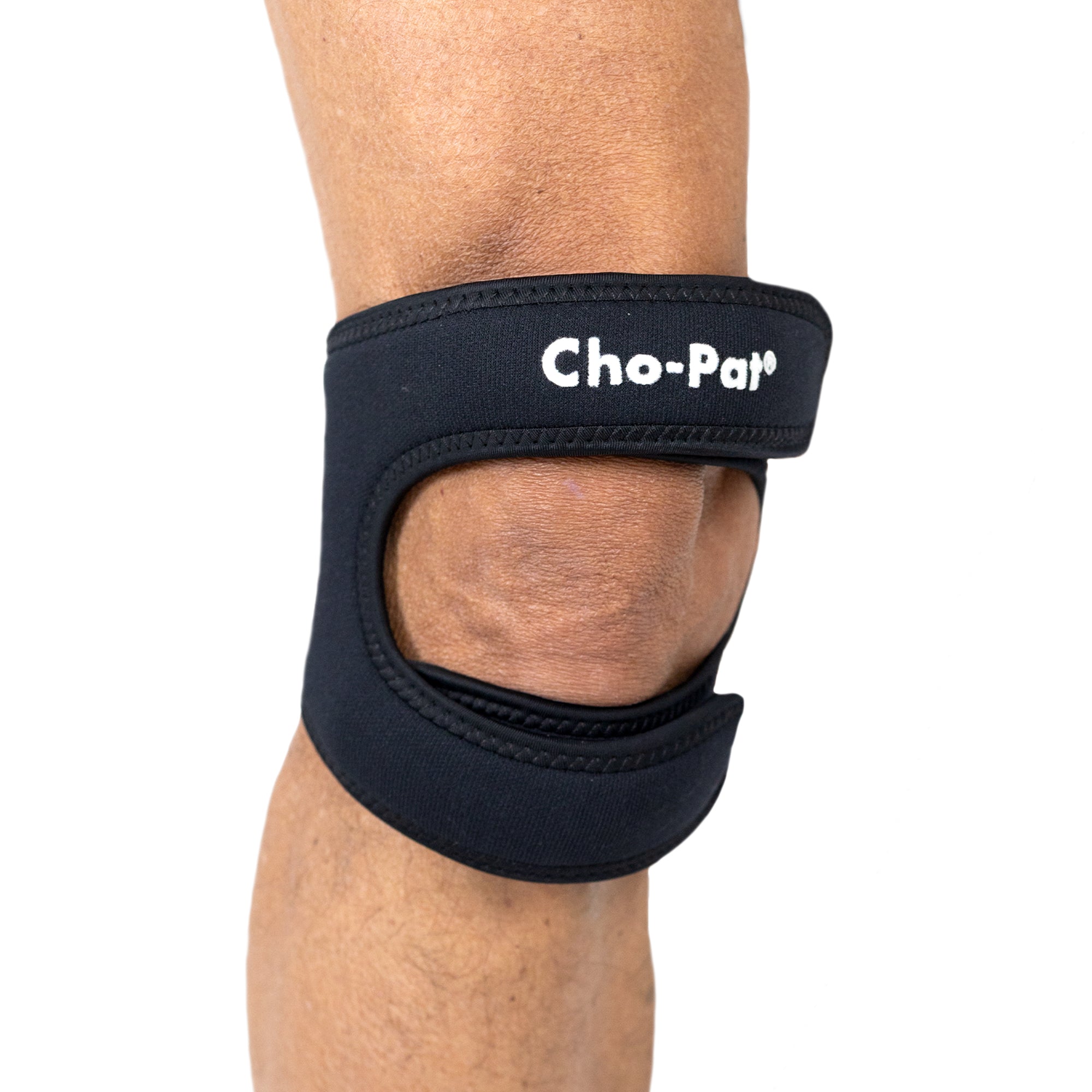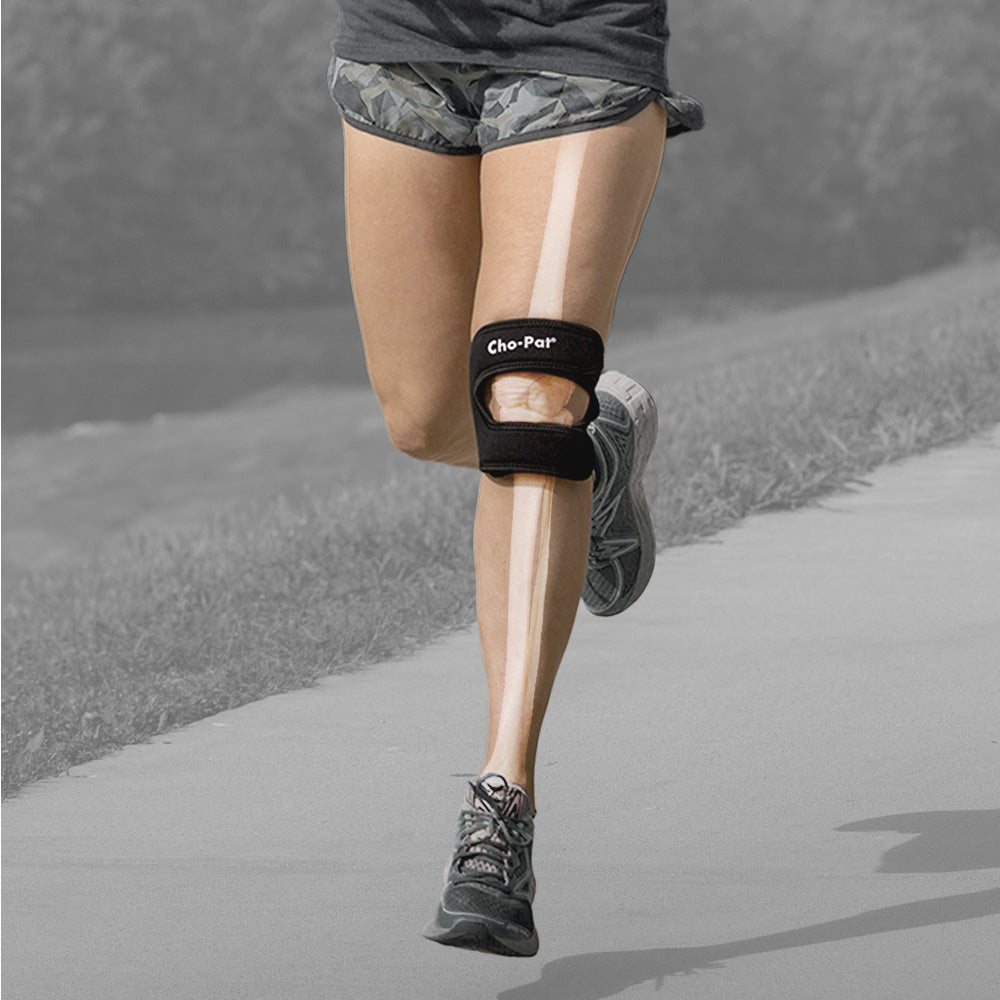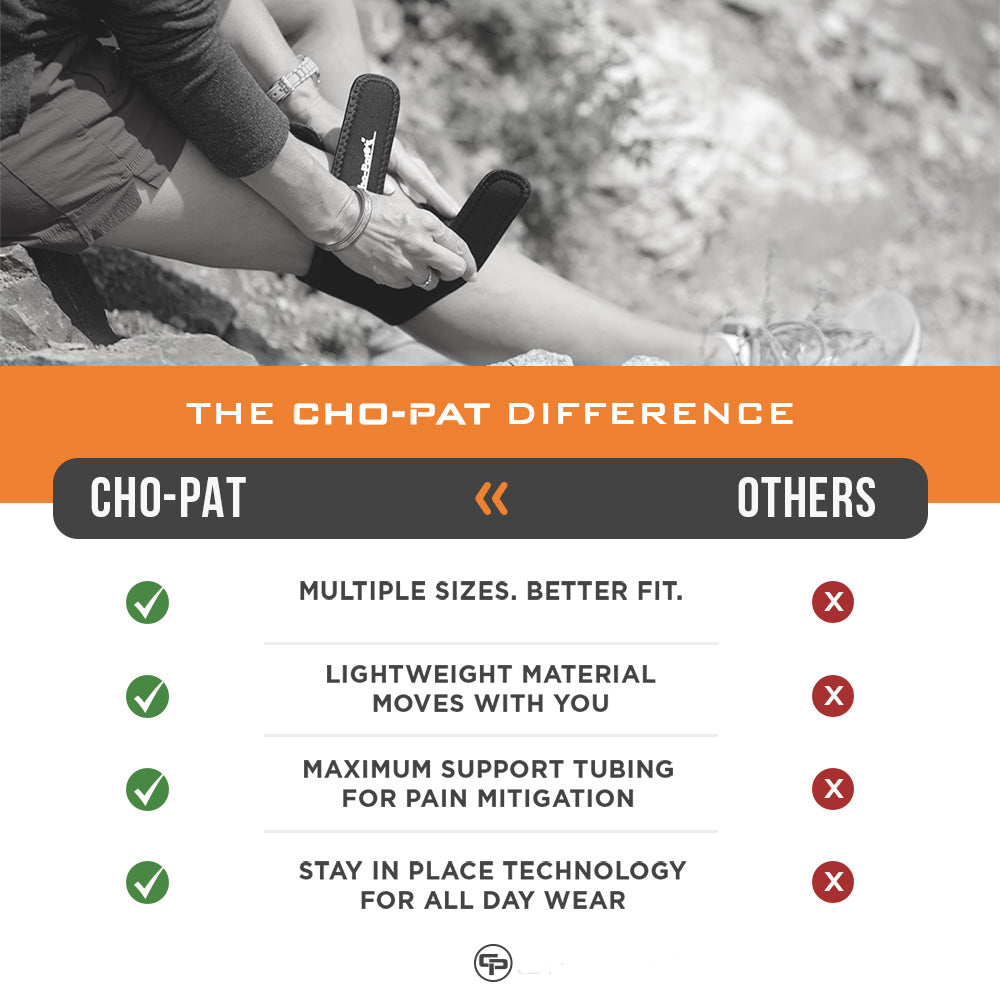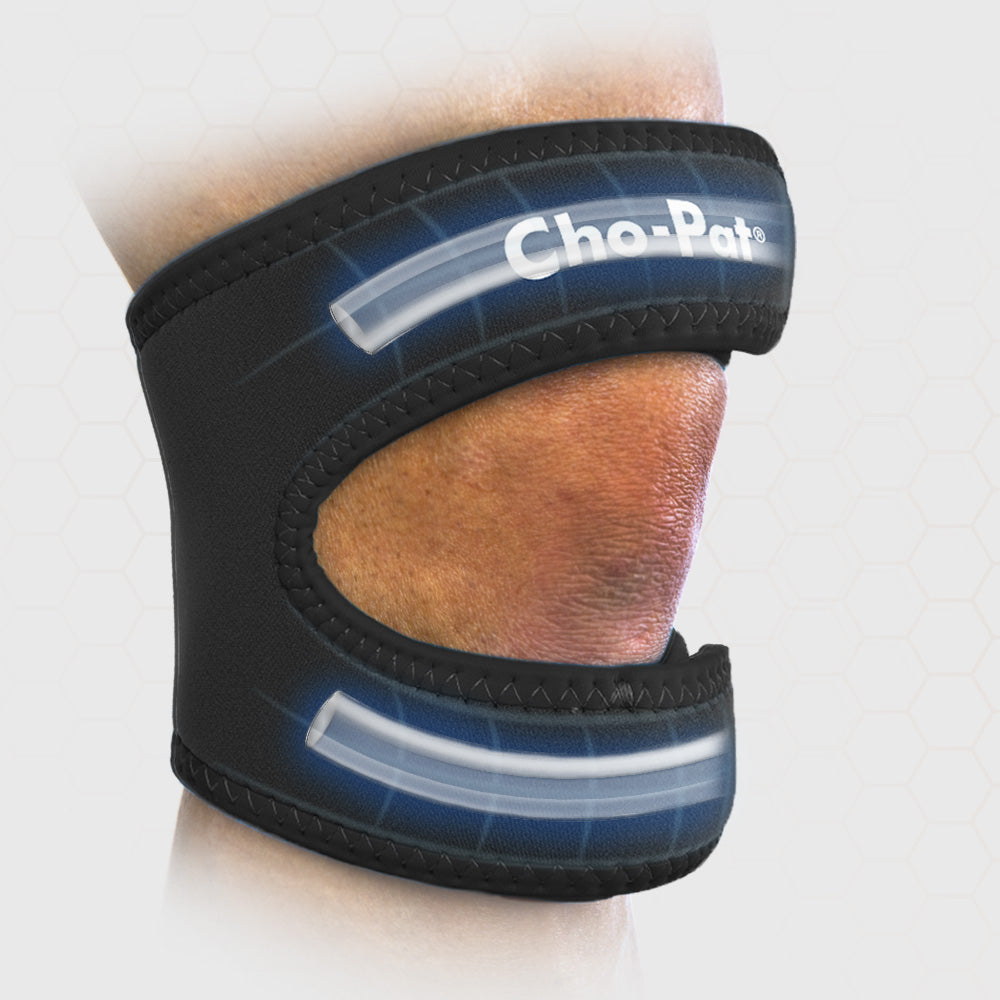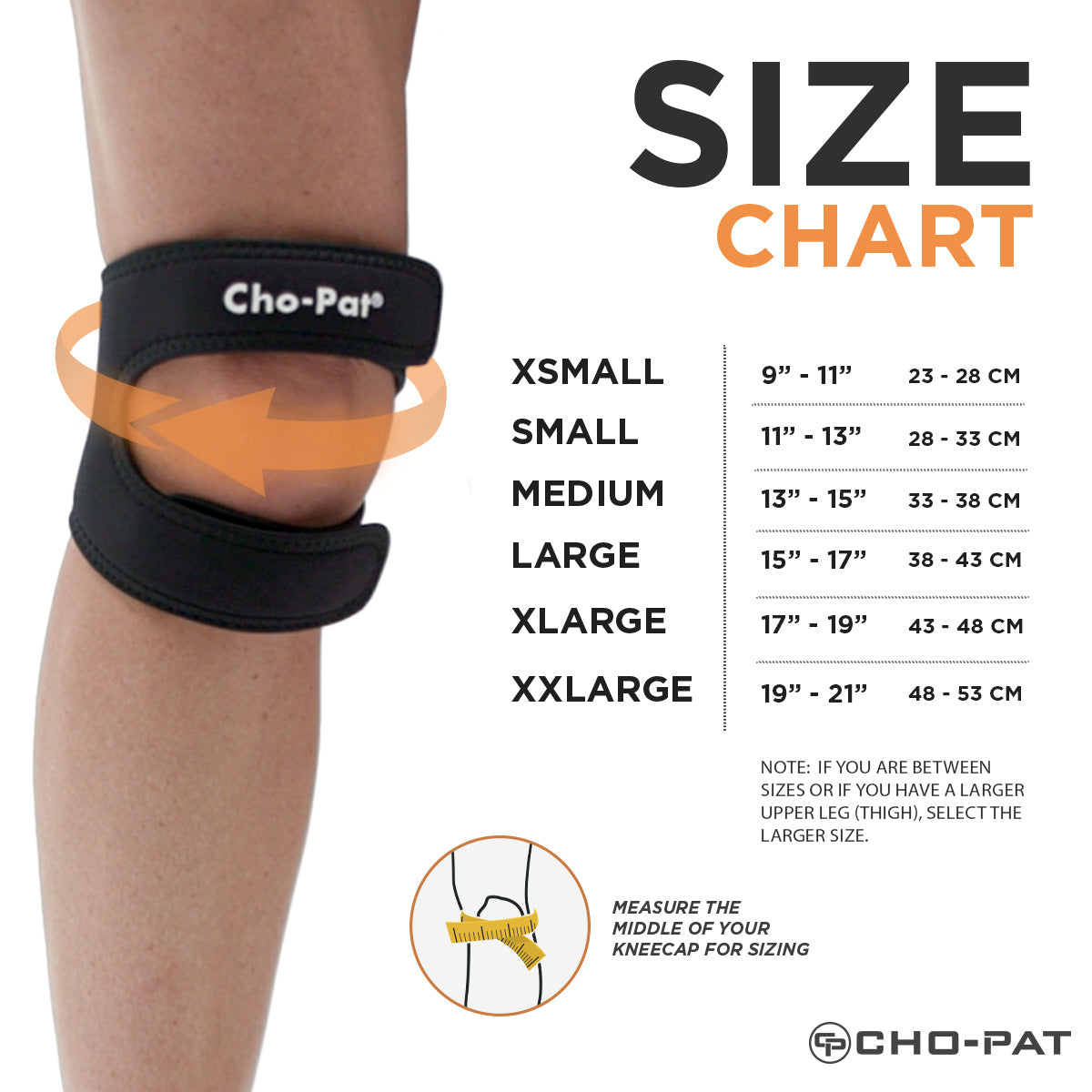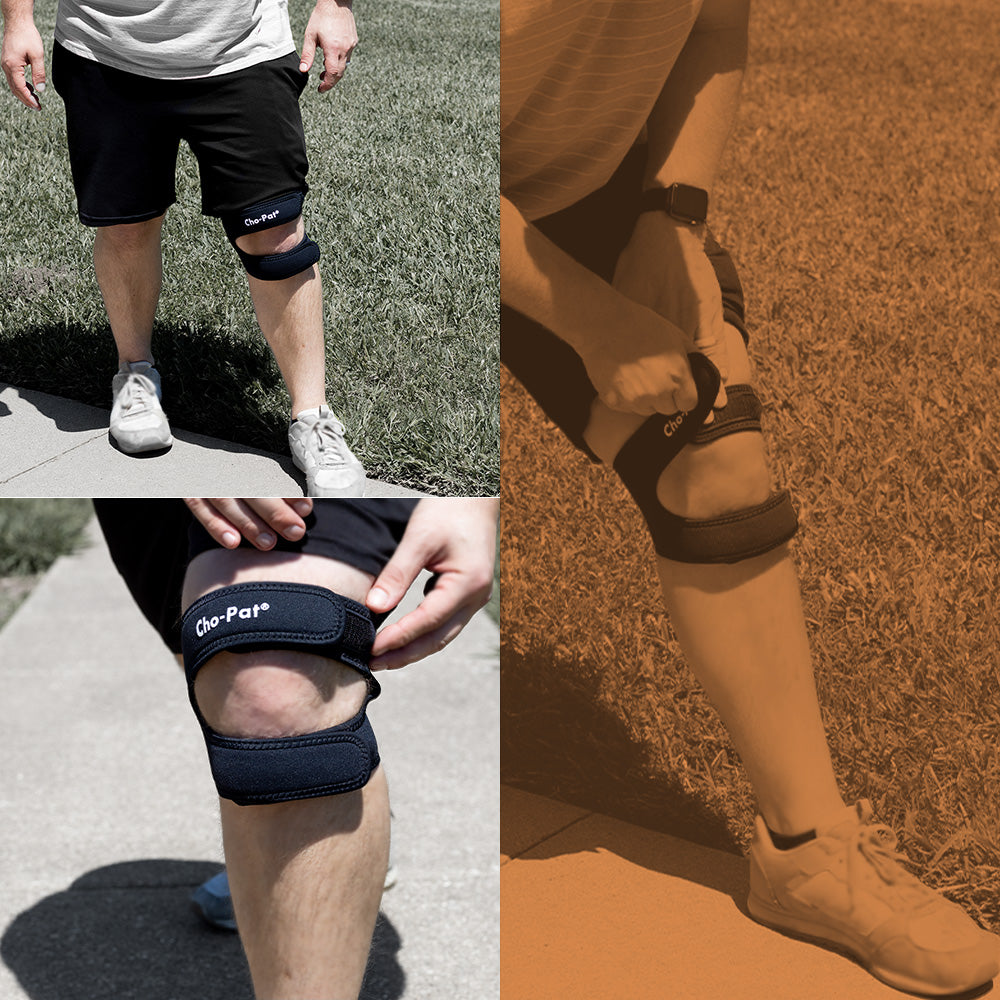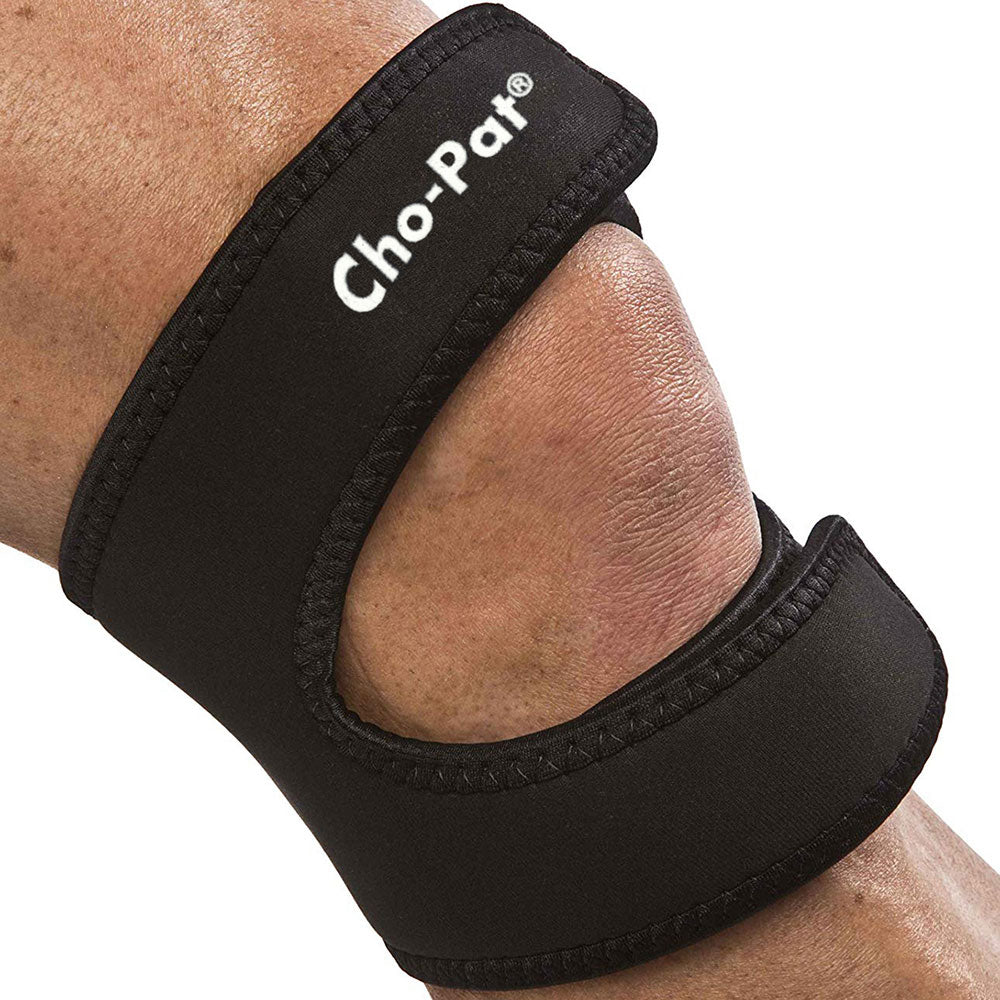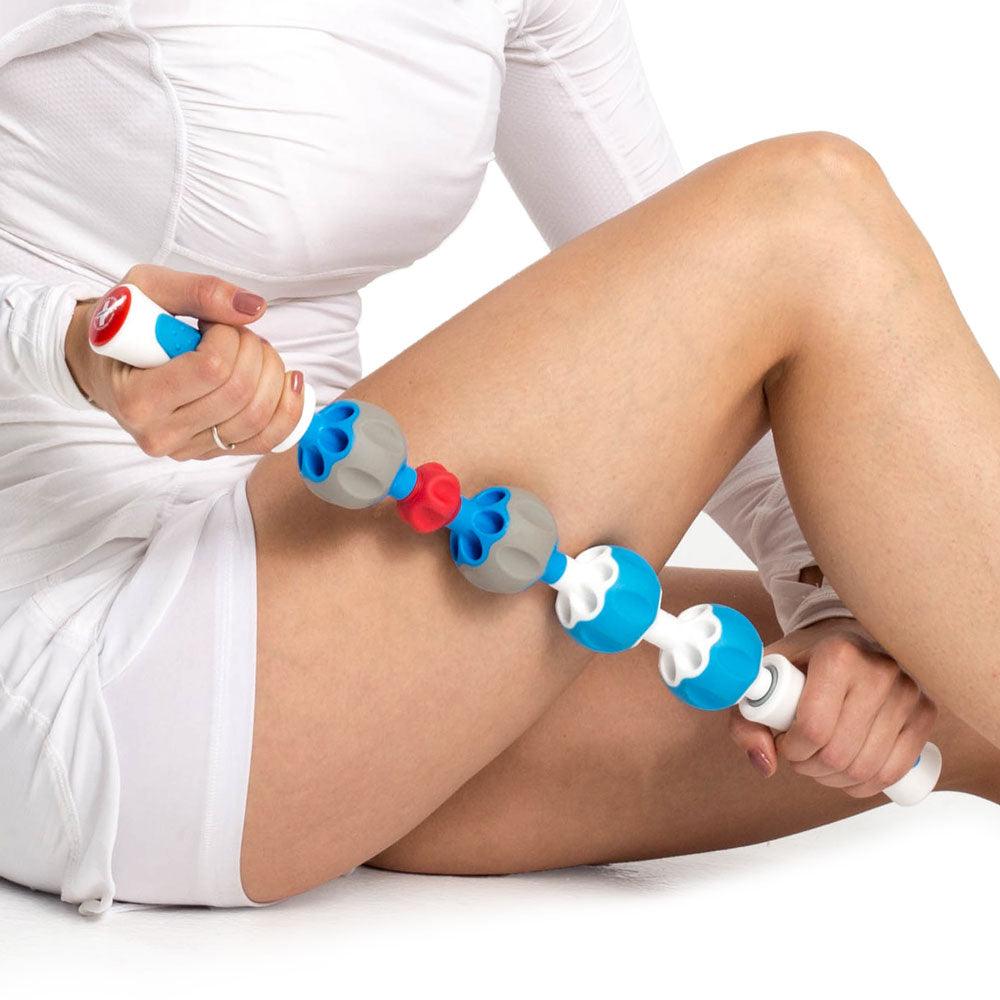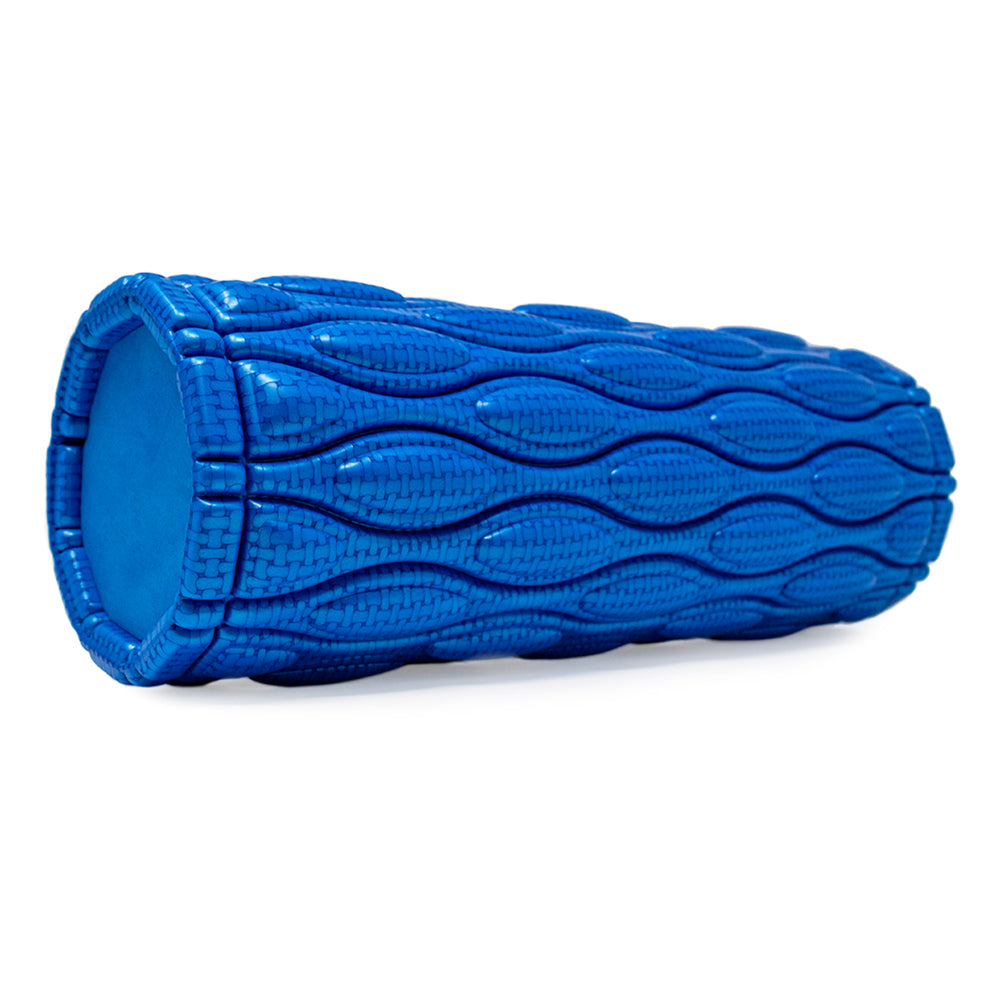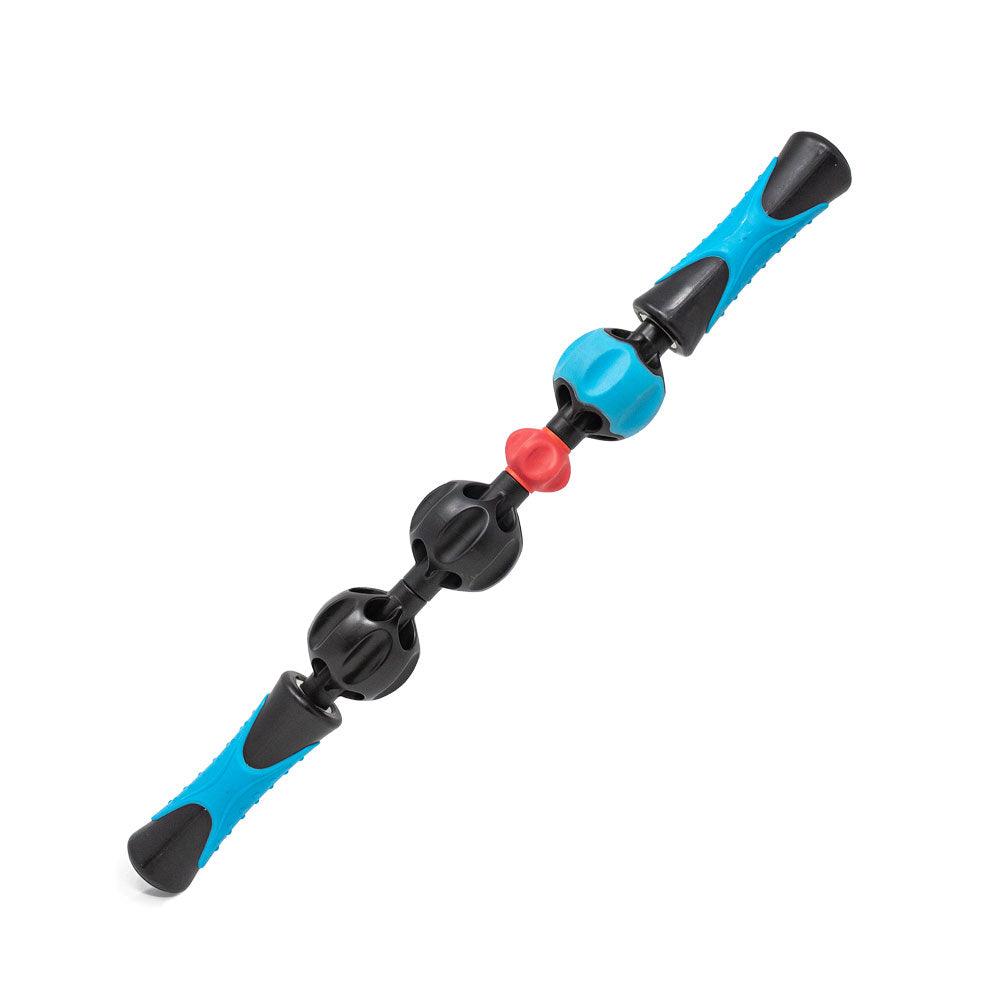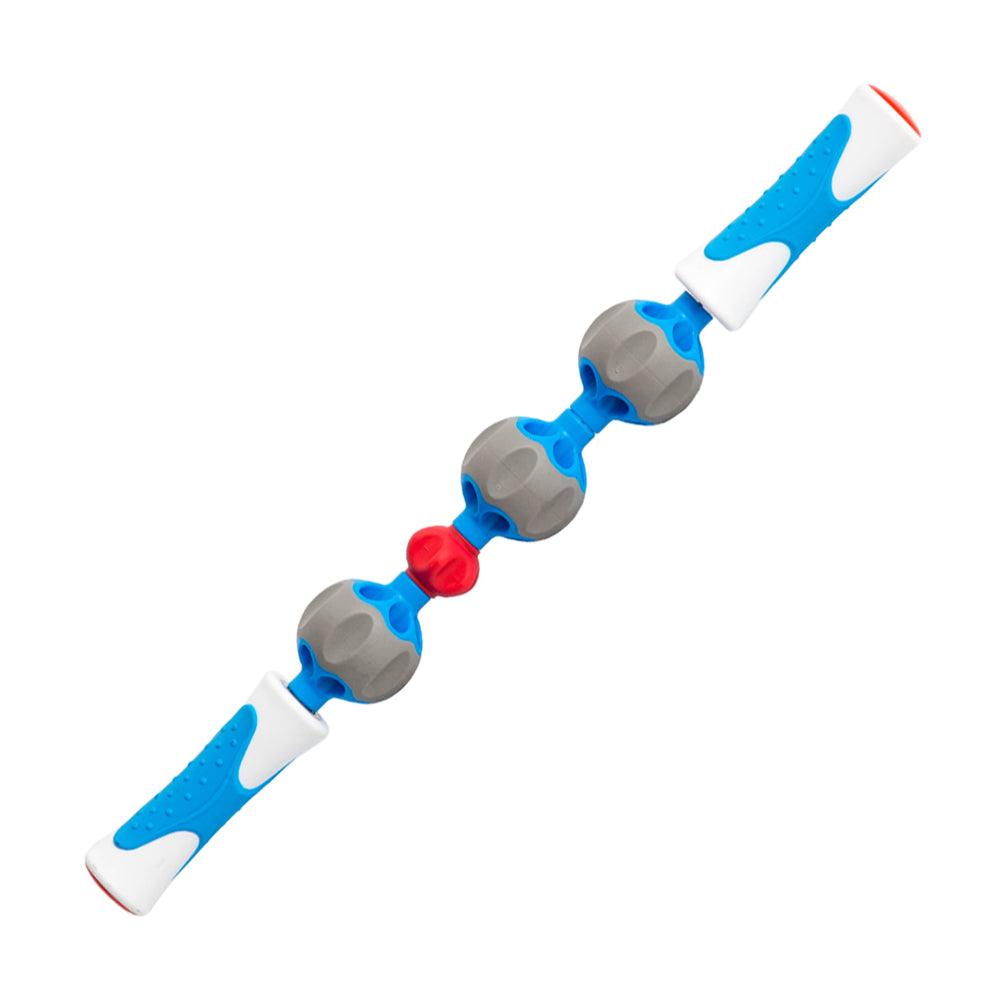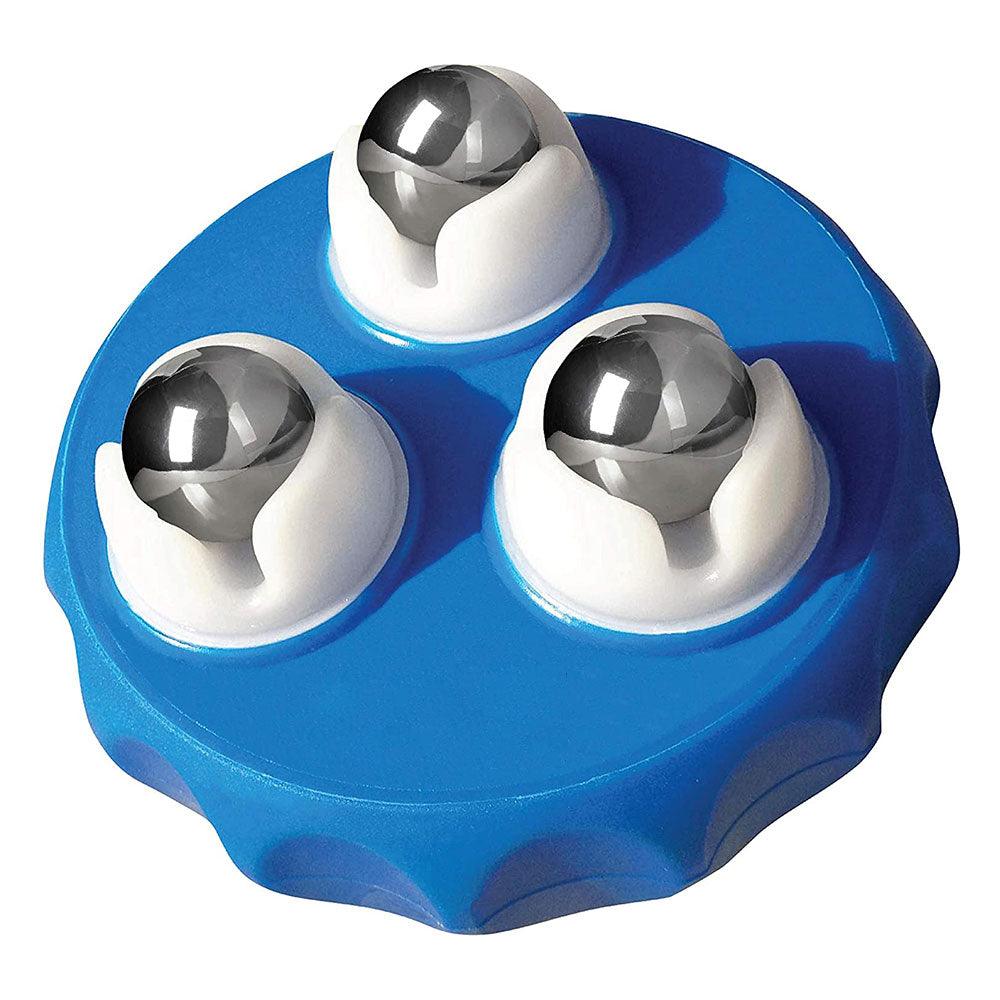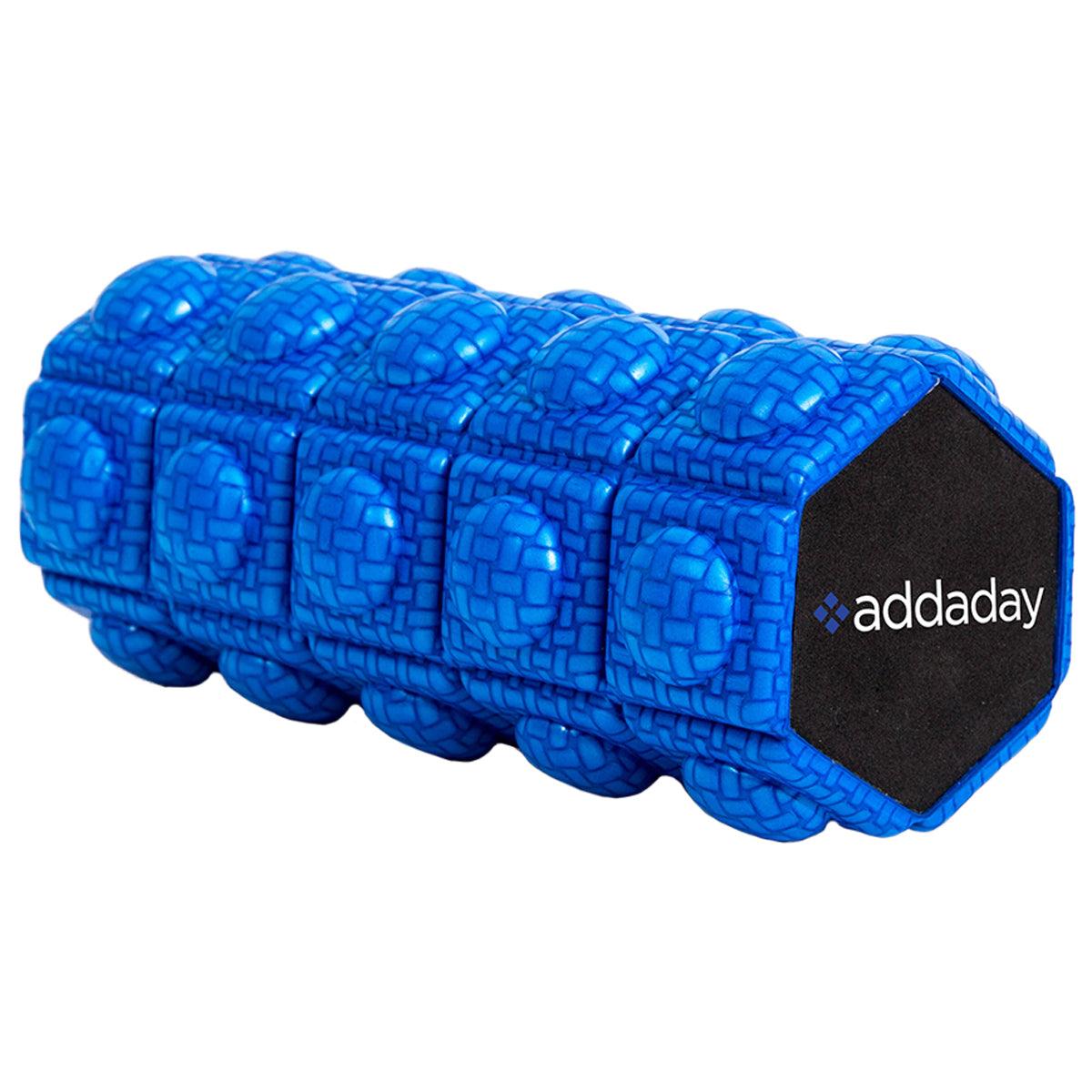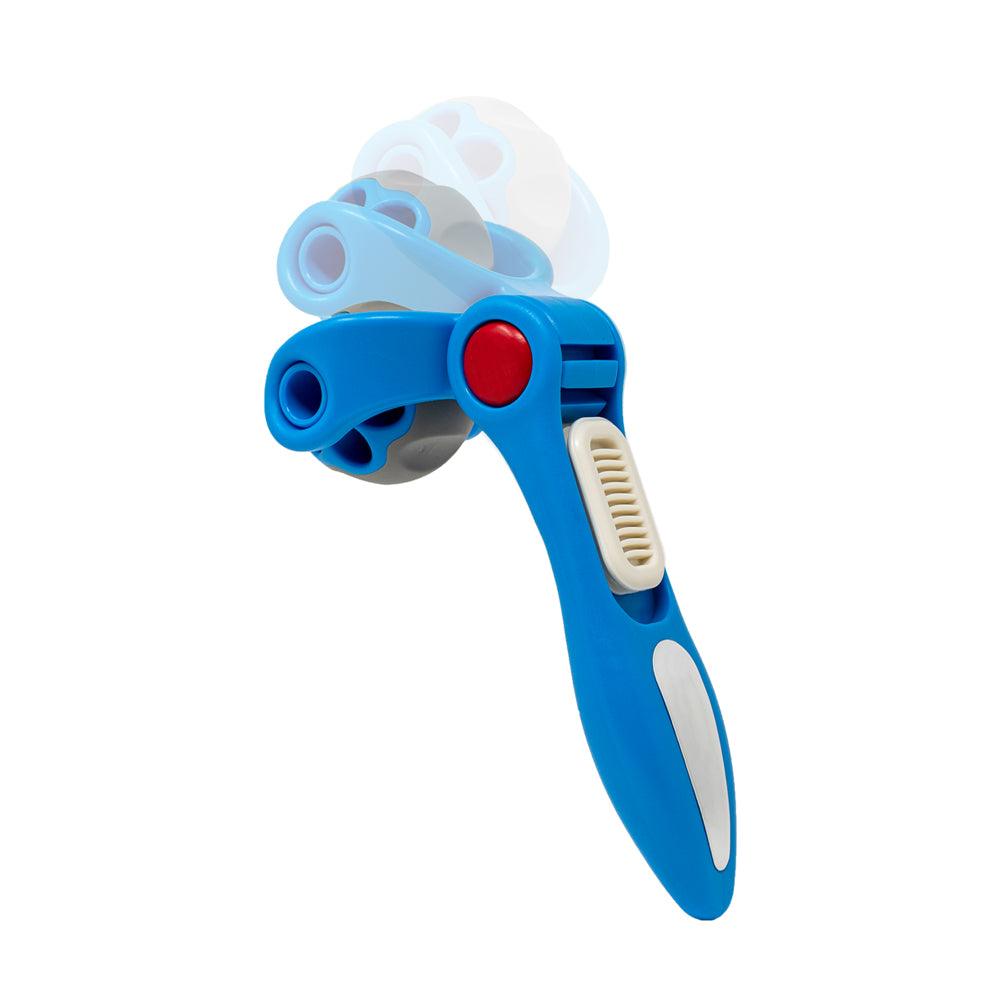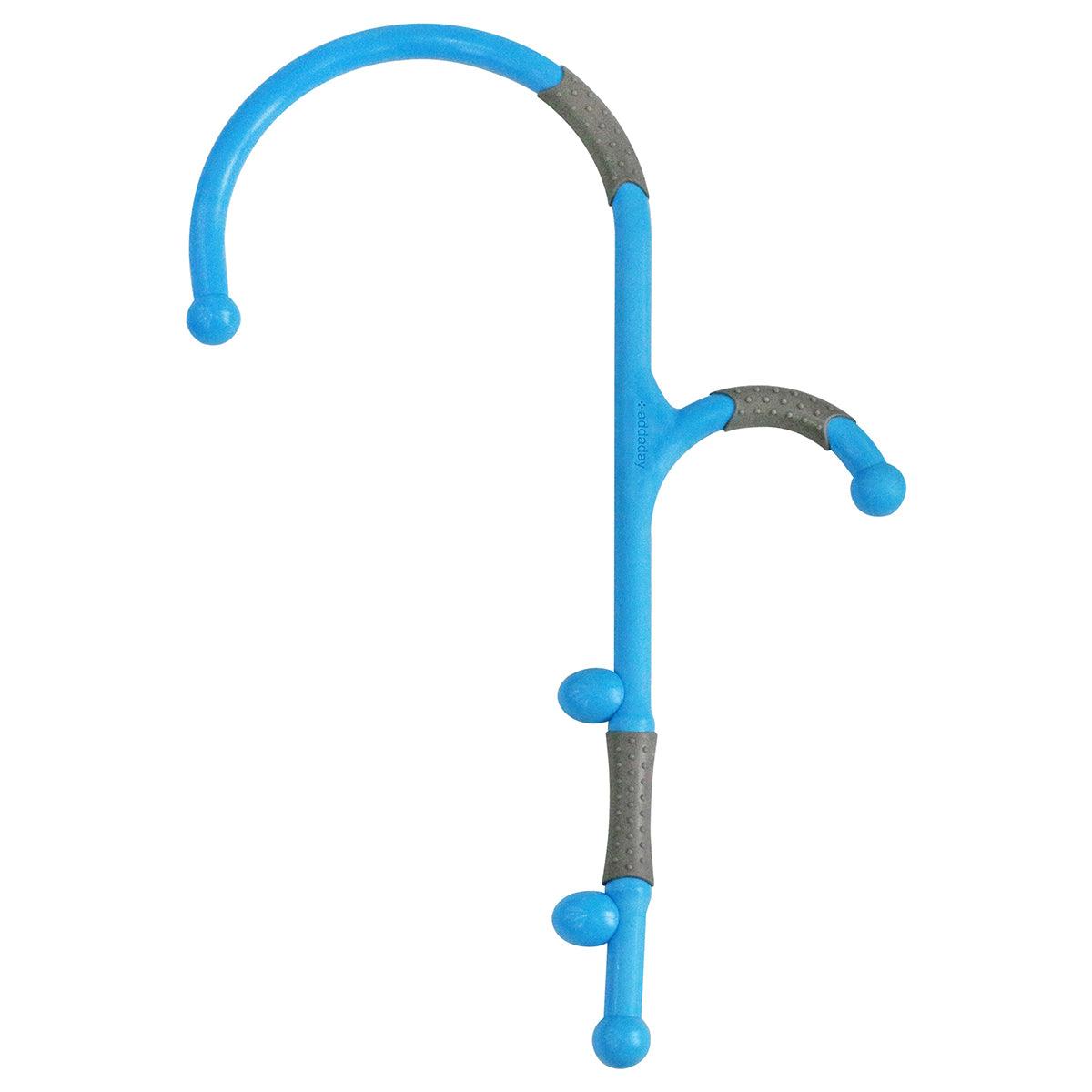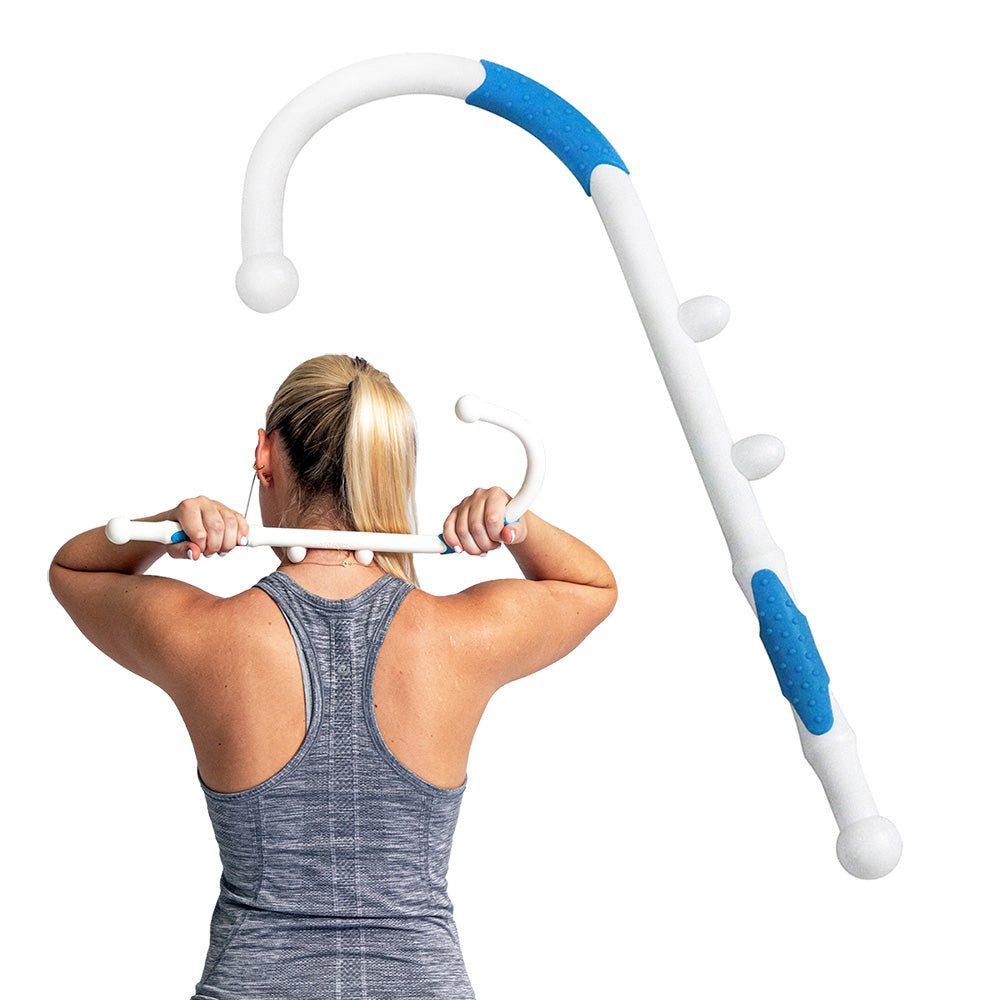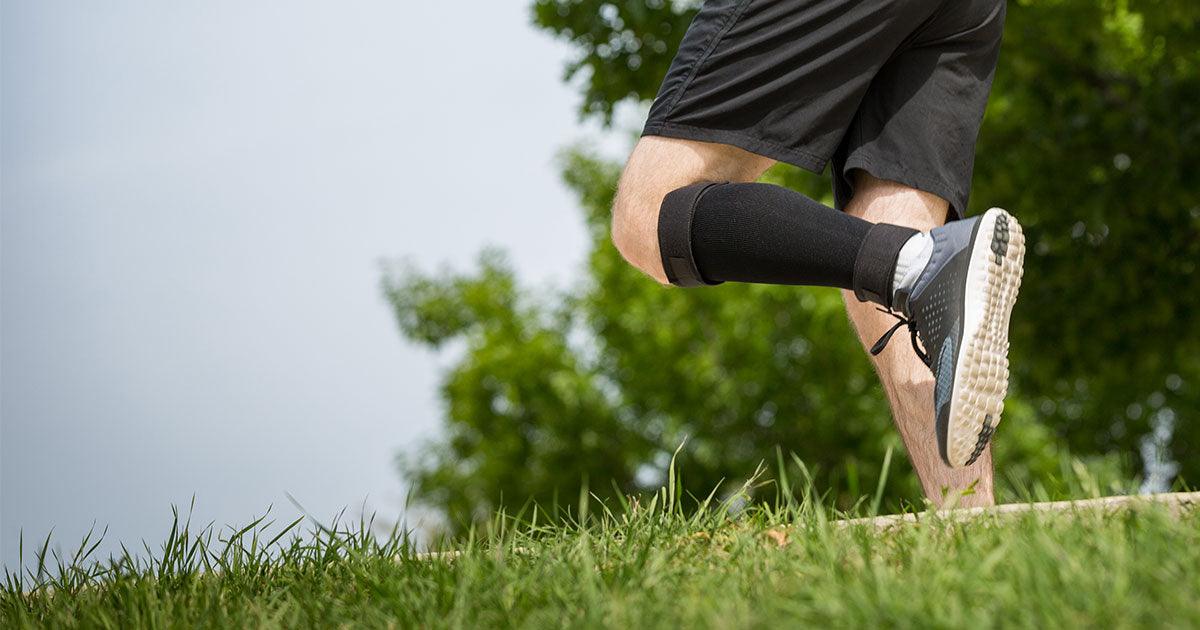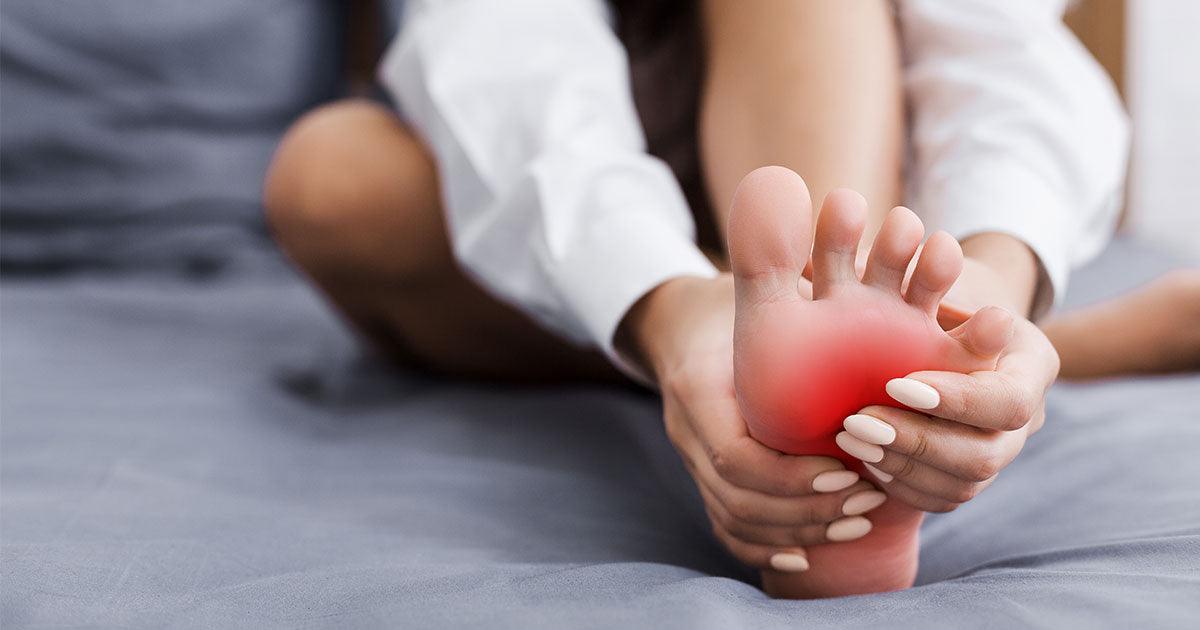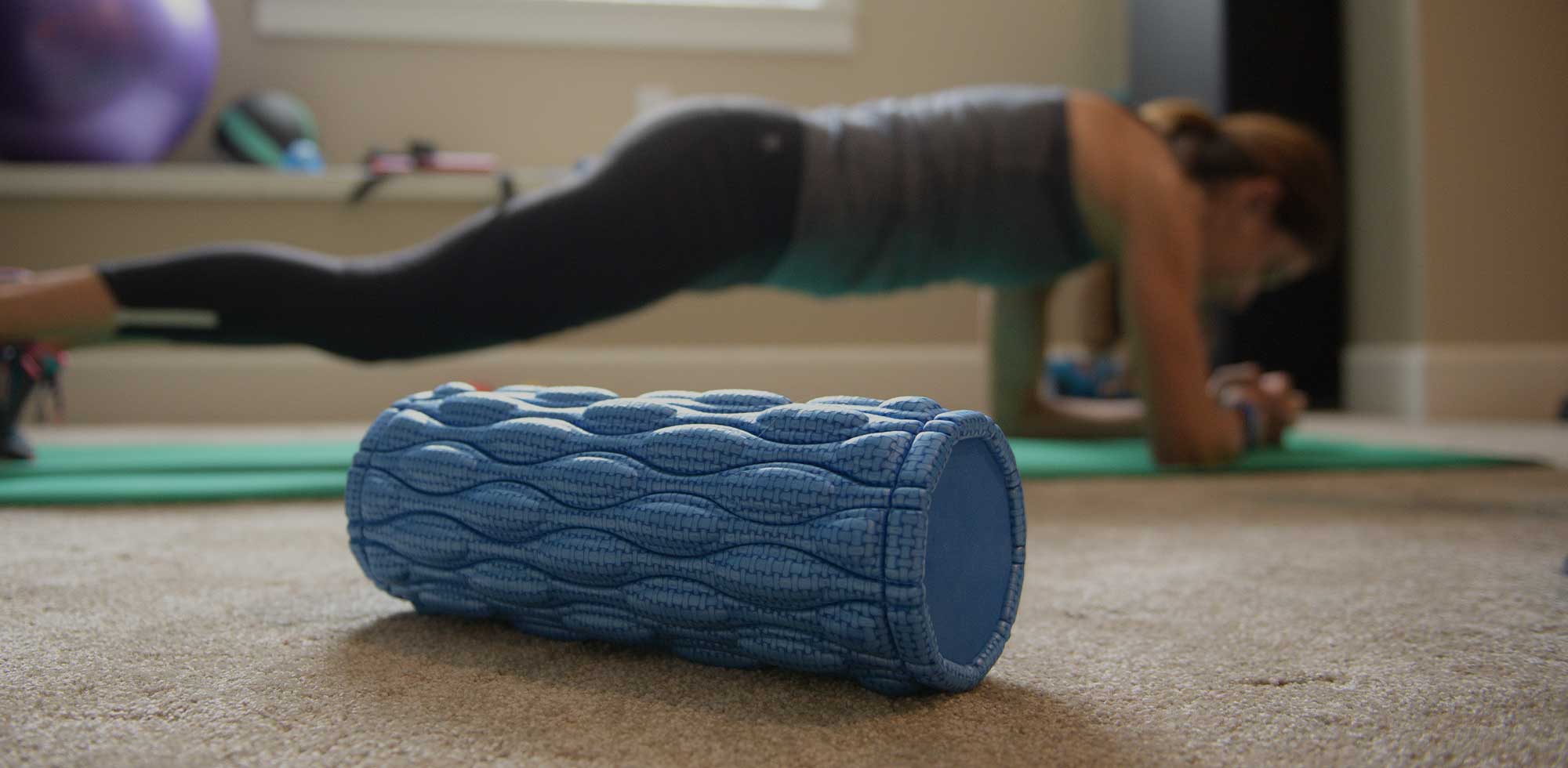Cycling is a fun, healthy activity that many people engage in for not only the health benefits but also because it provides a good workout without being too hard on the bones and joints like running is.
Cycling strengthens muscles, builds up cardio endurance and keeps joints strong without putting a lot of stress on the body. For the casual cyclist, this may be true, but many competitive or highly active cyclists can feel the pain of long, fast rides.
These challenging workouts can leave muscles and joints aching from tough training or even just from the repetitive motions of cycling over a long period of time. One of the most common cycling complaints of competitive and active cyclists is sore or aching knee joints.
- Support the Joint
- Traditional Stability Braces
- Compression Sleeves
- Knee Strap Braces
- Choosing the Best Knee Brace
Support the Joint
No matter what kind of soreness or injury cyclists may feel, many find relief with a supportive brace or strap near the aching joint. Some injuries may be short-term, only needing supportive pressure or banding for a brief period of time. But others are longer-term injuries or problems that occur due to the repetitive motion that comes with cycling long distances consistently. Some braces simply add in a little bit of support with a small strap below the knee while the most supportive braces provide compression and strengthening support above, on top of and below the joint.
For cyclists, knee pain must be addressed before it slows down or stops training rides. Many types of knee pain solutions are available, including the use of medical bracing and supportive devices. Some of the common knee pain problems cyclists may have are:
- anterior cruciate ligament damage
- arthritis
- bursitis
- gait changes due to foot or hip issues
- gout or pseudogout
- kneecap dislocation
- loose cartilage or bone
- meniscus damage
- Osgood-Schlatter Disease
- osteoarthritis
- overuse
- patellar tendonitis
- Runner’s knee
- tendonitis
- weak knees
Let’s look at the three different kinds of supportive devices out there to help with these kinds of knee pain problems and let you know some of our favorites.
Traditional Stability Braces
The purpose of a traditional stability brace is to provide strong support to the kneecap while exercising. This brace will typically be constructed to provide support surrounding the kneecap space to reduce patellar subluxation as well as degeneration. A hook and loop closure is also used to provide maximum support customized to fit every user.
Cho-Pat Knee Stabilizer
Chronic pain associated with overuse, arthritis or patellar tendonitis many athletes experience can be reduced with Cho-Pat’s stabilizer knee brace for cycling. This small but powerful stabilizer contains strong interior plastic tubing for a reinforced support system. The open patella design reduces pressure on the kneecap, minimizes sweating and slippage as well as improves lateral and medial support.
Compression Sleeves
Made of a compression-style material, this type of knee brace for cycling uses consistent pressure over an extended area to help support the aching or sore joint. A compression brace is usually constructed in a sleeve form, able to be slipped on up to the knee area and held tightly with fitted, stretchy material.
Stability braces should not make users sweat excessively but instead, the use of breathable knit materials provides warmth without excessive heat. Cyclists find relief from the warmth, compression and joint reinforcement that this type of knee brace provides as compression sleeves enhance blood flow to the area to increase healing while using.
Compression sleeves do not impede movement, making them perfect for cyclists or other athletes that rely on constant, smooth knee movement in their activities.
Knee Strap Braces
The third category of brace supports is knee straps. This is the smallest of the three types and also goes by the name patellar strap or kneecap strap. This thin band of support rings the leg just below the knee and works by applying pressure to the patellar tendon connecting the shin to the patella or kneecap.
Those suffering from patellar pain that comes from displacement or patella tendon injuries. By holding pressure on this tendon below the kneecap, a full range of motion is available for users of this strap brace. In addition, using this knee strap for cycling minimizes excessive sweat that comes with utilizing larger compression or stabilizing braces.
1. Cho-Pat Original Strap
This singular strap is the perfect solution to provide comfortable support to the patellar tendon while allowing for full mobility. Cho-Pat’s knee strap brace is available in seven sizes as well as two color options, and it fits both legs.
Athletes with Osgood Schlatter’s Disease, knee degeneration, arthritis, chondromalacia patella and even Runner’s knee all report a reduction in pain and discomfort with the use of this strap. We love the simplicity of use of this strap that can be used while exercising and just as easily in everyday life when support is needed without having to wear a bulky brace.
2. Cho-Pat Dual Action Knee Strap
For cyclists that like the support of a knee strap but still need more patellar tendon support, we like Cho-Pat’s Dual Action Strap. The two locations that this strap provides support are below and above the knee, giving consistent support and pressure without covering the kneecap or reducing mobility.
The Dual Action Strap also absorbs and diffuses the forces that cause pain, stress and inflammation in the knee. When used as a knee strap for cycling, athletes can expect a reduced force of the quad muscles on the knee area, making it a perfect knee pain solution that actually increases cycling strength.
In addition, since this dual-action strap is both above and below the kneecap, users can expect less patellar misalignment when in use.
Choosing the Best Knee Brace
Whether you have an old injury, are experiencing new knee pains or maybe feel the onset of knee pain that is age-related, using a brace to support the knee joint can provide considerable relief.
Pressure on the joint and patellar region including the patellar tendon gives many cyclists pain relief as well as aids in the healing process when an injury occurs. By increasing the blood flow to the area, the pressure that braces provide helps injuries heal faster while at the same time some also prevent movement in the kneecap region that causes some knee pains.
If you can understand more about your knee pain and what may potentially help, choosing the right supportive device can reduce or alleviate pain from injuries, disease or even age-related problems.
PLEASE NOTE: The information on this website and article is for information only and should not be used as a substitute for consulting your doctor. Consult your doctor for proper diagnosis and rehabilitation.
